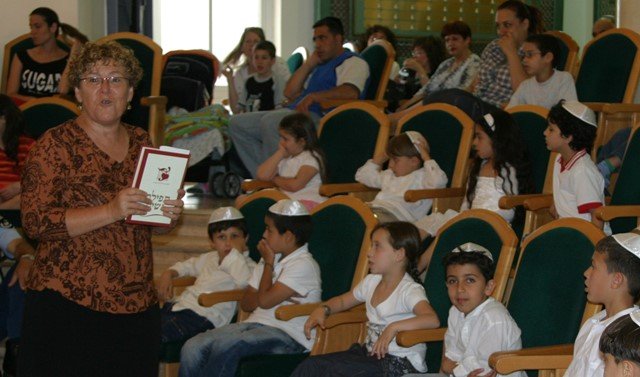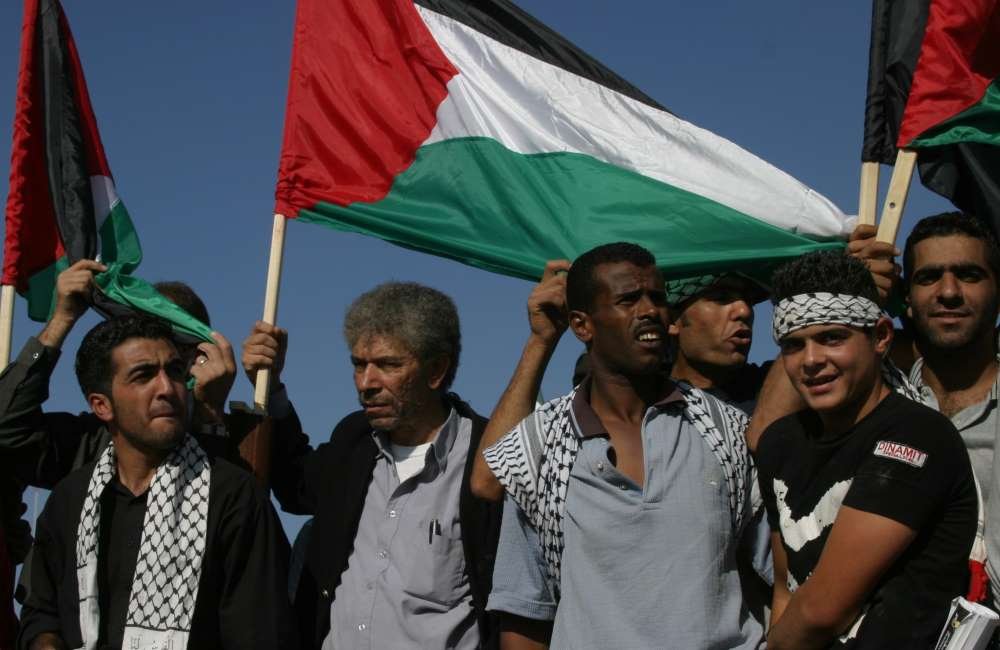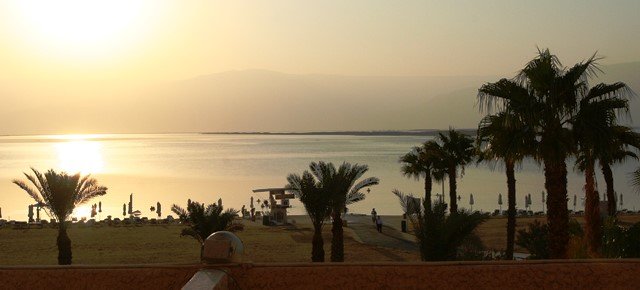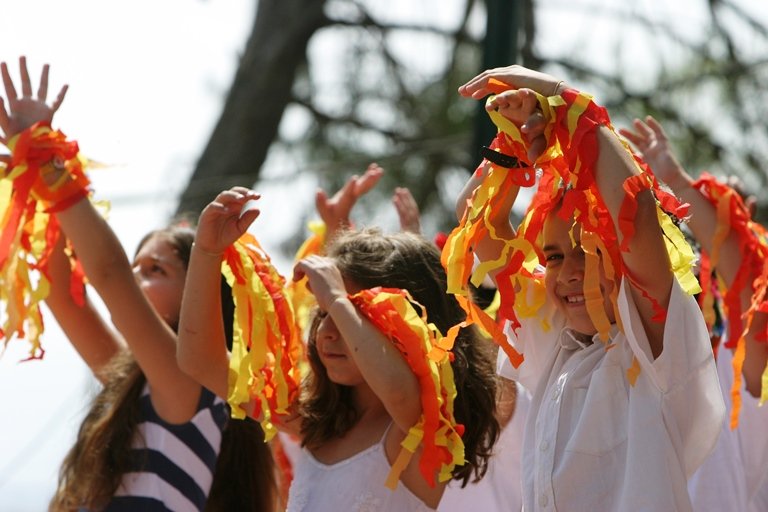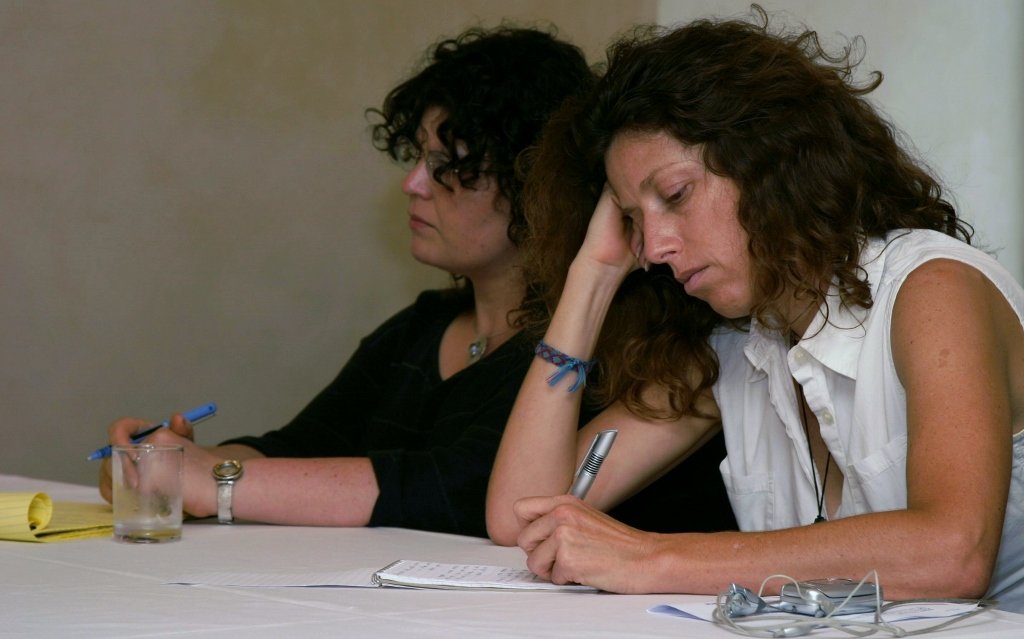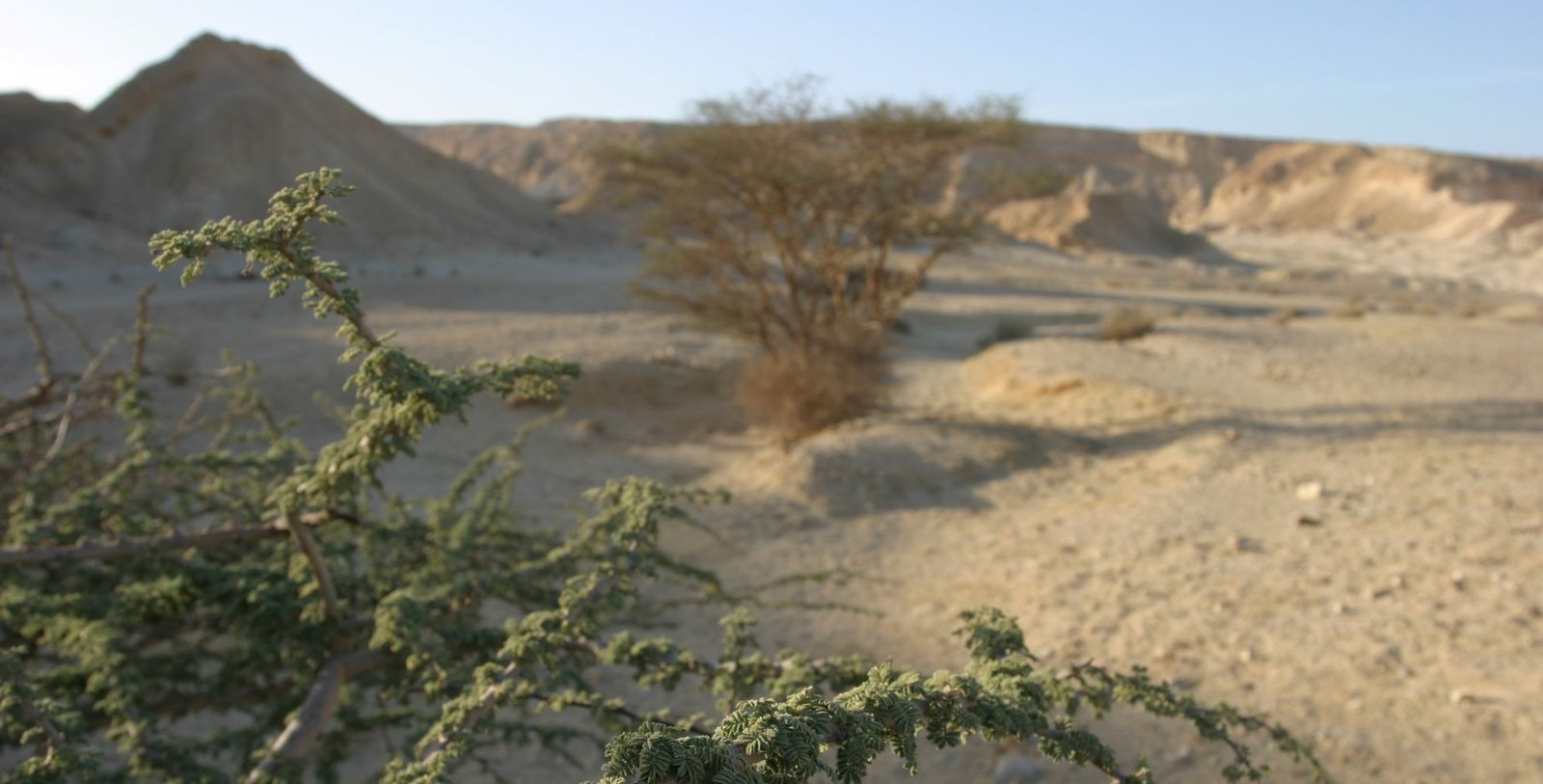Share This Story, Choose Your Platform!
“The Lord gives strength to His people; the Lord blesses His people with peace.” A representative of the Israeli military quoted these words from Psalm 29 at a solemn ceremony shortly before the third Gaza War started. Over the years I have observed in Israel what this Psalm describes.
We came to Israel a few months after the Oslo Accords were signed. Shortly afterwards, one of the bloodiest times for Israel began. It was in the mid-1990s. One suicide bombing took place after another. Yes, people grieve, are traumatized and hurt. But as a nation they are not broken by these challenges of threat and ongoing hostility.
While I am still pondering on those thoughts I switch on the evening news. The mother of a groom shouts during a wedding reception in Ashdod in front of the camera: “They will not break us!” Shortly afterwards the siren sounds: rocket alarm. All wedding guests, including the reporter, run into the shelters. Afterwards then the wedding celebration continues.
Over the years I have gained the impression that the Jewish people in Israel have always emerged stronger from every conflict. How else could Miriam Peretz, a widow who lost two sons in Israel’s wars – Uriel in Lebanon and Eliraz in Gaza – run for a president?
After the funeral of Eliraz, who had been killed as a reservist and father of four children, which I attended, I wrote the following thoughts: “Around me there are hundreds of people gathered in great sadness and pain. They raise their voices to God; men, women, girls and boys sob in front of the God of Israel on Mt Herzl in the vicinity of Yad VaShem, Jerusalem’s Holocaust memorial: ‘How much longer? When will the promised Messiah finally come and bring us peace?’ I stand in the midst of the people of Israel who are crying out to their God. I live among the people whom God led through the Red Sea, brought through the Holocaust and even beyond through war and terror. I feel their deep pain and at the same time a very special strength in the midst of all the suffering.”
Miriam Peretz knows from where she draws her strength. She loves the “Tenakh,” the Hebrew Bible – the “Torah, prophets and scriptures.” For years she had passed this love on to the next generation as a teacher. Driven by this love, she organized Bible quizzes. She used to say that everyone could find an answer in the Tenakh, whether they were sad or glad, whether they were looking for wisdom or advice, or just wanted to learn about the land of Israel or the history of the Jewish people.
On another occasion she said, “I am a simple person. I was born in Morocco and grew up in the Atlas mountains among people who could neither write nor read. They knew only one word in Hebrew, ‘Yerushalayim.’ Every evening my father told me about Jerusalem; a place where milk and honey flow and under whose trees lions and sheep rest peacefully side by side. But where is such a Jerusalem?! In my Jerusalem blood is flowing. Every time I step on a stone in the streets of Jerusalem, I feel the heart of a soldier who had to sacrifice his life so that I could walk here.”
The joy in Miriam’s life has always been associated with pain. Nevertheless, she spreads optimism and energy. She says: “I had two options: Either to crawl into my bed crying and accusing Israel, God and the whole world. Or, the other option was, to get up, look around and say to God, thank you for everything you have given to me.”


